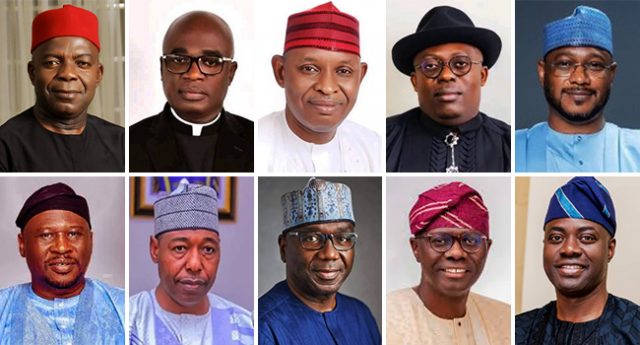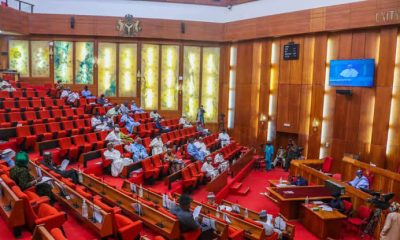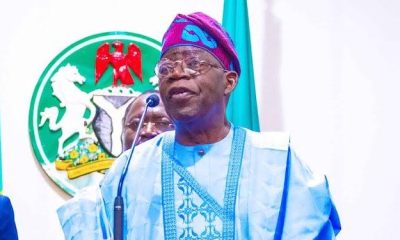News
29 Governors Spend N2tn On Travel, Other Expenses In 2024

In the first nine months of 2024, 29 Nigerian state governors collectively spent N1.994tn on recurrent expenditures, including refreshments, allowances, travel, and utilities, while facing significant revenue shortfalls, according to findings.
The states secured loans totaling N533.29bn and allocated N658.93bn to debt servicing but failed to meet their internally generated revenue (IGR) targets. They generated N1.92tn against a target of N2.868tn, leaving a deficit of N948.28bn. Notably, this recurrent expenditure excludes personnel costs.
EDITOR’S PICKS
- Japa: Russia Opens Doors to Migrants Amid Workforce Shortage
- Crisis Erupts at Celestial Church of Christ in Lagos Over N5m Donation
- EFCC Alleges Nigerian Banks Are Channels for Money Laundering
EKO HOT BLOG reports that analysis of budget performance reports for Q1 to Q3 revealed that Lagos, Plateau, and Delta states recorded the highest operational expenses at N375.19bn, N144.87bn, and N121.54bn, respectively. Conversely, Niger, Katsina, and Oyo states topped the list of borrowers, obtaining loans of N79.09bn, N72.89bn, and N62.48bn, respectively.
Despite a 40% rise in statutory allocations from the Federation Account due to subsidy removal and forex reforms, these increased funds have not translated into tangible improvements in citizens’ living standards. Lagos generated the highest revenue at N912.17bn, followed by Rivers (N269.18bn) and Delta (N97.02bn).
However, many states, including Taraba, Benue, and Yobe, struggled with deficits due to excessive spending and inadequate revenue generation.
Experts have decried the inefficiencies in governance at the state level. Professor Segun Ajibola of Babcock University criticized the lack of oversight by state assemblies, which he said has led to unchecked governance expenses with limited benefits for citizens.
The Fiscal Responsibility Commission also expressed concerns about Nigeria’s fiscal federalism, warning that the current structure may be unsustainable.

Governors Recurrent Expenses
The situation underscores a pressing need for fiscal discipline and accountability in state governance. Analysts advocate for a reduction in the cost of governance to address the widening gap between revenue and expenditure.
These findings raise critical questions about the effective use of public funds and highlight the challenges of achieving financial sustainability at the state level.
FURTHER READING
- Week 21 Pool Results For Saturday, Nov 23, 2024: Latest Updates
- Why I Didn’t Present my Certificate of Return to APC Chairman Ganduje – Aiyedatiwa
- Guardiola Pledges To Stay With Manchester City Even If Relegated
Advertise or Publish a Story on EkoHot Blog:
Kindly contact us at [email protected]. Breaking stories should be sent to the above email and substantiated with pictorial evidence.
Citizen journalists will receive a token as data incentive.
Call or Whatsapp: 0803 561 7233, 0703 414 5611

















